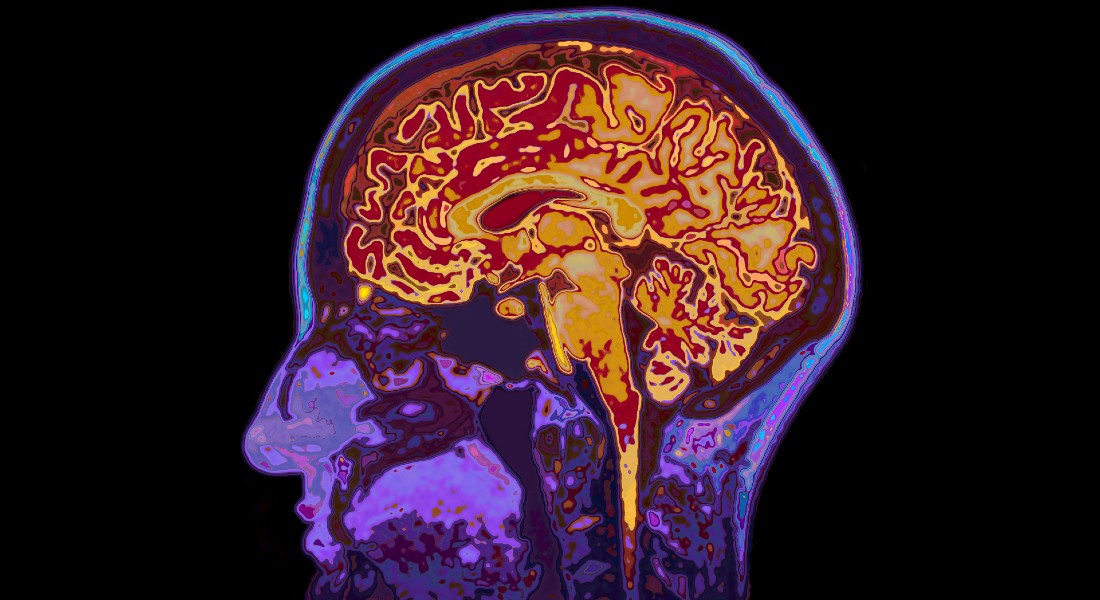Interdisciplinary research projects to unravel the mysteries of schizophrenia and Parkinson’s
The Lundbeck Foundation has just awarded DKK 120 million in grants to three research projects at the University of Copenhagen. The projects aim to investigate the mechanisms behind schizophrenia and find new treatments for Parkinson’s disease. The sheer complexity of these illnesses demands a multidisciplinary effort across research areas, says the foundation.

The brain is the most complex organ in the human body and many of the diseases that may arise in the brain are still puzzling to people within science. This complexity demands that researchers collaborate across different fields of research in order to understand brain diseases.
That is exactly what three new research projects at the University of Copenhagen, Hvidovre Hospital, Region Hovedstaden Psykiatri and University of Southern Denmark now aim to do. In the initiative ‘Collaborative Projects’, the Lundbeck Foundation has awarded three grants of a total of DKK 120 million to the research projects.
In one of the projects, which receives DKK 50 million, the researchers will identify networks of proteins that play a significant part in relation to schizophrenia. The other project receives DKK 35 million and aim to develop new transcranial stimulation therapies for Parkinson’s disease. The third and last project receives DKK 35 million and aims to use so-called ‘mini-brains’ to study biological changes in connection to developmental brain disorders, such as schizophrenia.
“The program aims to support neuroscientific research projects which are so complex and demanding that they cannot be solved by any one research group. It is necessary to gather strong research profiles from different groups who can collaborate and find solutions, if problems of this magnitude are to be solved. That is what the Lundbeck Foundation wants to support through this initiative,” says Lars Thorup, scientific programme director in the Lundbeck Foundation.
Protein networks in schizophrenia
In the project related to schizophrenia, the three researchers will use their different approaches to investigate the underlying reasons for development of schizophrenia. Kasper Lage from Broad Institute (USA) and Region Hovedstaden Psykiatri is the principal investigator in the project. He will collaborate with Professor Thomas Werge from the Department of Clinical Medicine and Associate Professor Agnete Kirkeby from the Department of Neuroscience.
Using stem cells, the researchers will produce billions of human nerve cells in the laboratory in order to map which protein networks, which are characteristic for schizophrenia.
“We know from genetic analyses that hundreds of genes are associated to schizophrenia but we don’t know how or why. In this project, we map how these genes interact in protein networks in human neurons. Using stem cell models, we also investigate how the nerve cell function is affected by mutations in the central schizophrenia networks. The goal of the project is to understand what functional traits the hundreds of genes involved in schizophrenia have in common,” says Agnete Kirkeby.
Novel brain network therapies for Parkinson’s disease
Focusing on Parkinson´s disease, the other project addresses a central question in neuroscience with enormous therapeutic implications: How can the dysfunction of brain circuits be normalized with device-based neuromodulation?
The project is led by principal investigator Hartwig Siebner. He is a Professor at the Department of Clinical Medicine and leader of the Danish Research Centre for Magnetic Resonance (DRCMR) at Hvidovre Hospital. Hartwig Siebner will collaborate with Professor Andrea Kühn, Charité Universitätsmedizin in Berlin, Germany, and Professor Angela Cenci Nilsson, Lund University, Sweden.
The researchers will use an array of well-aligned methods to characterize how the cortex and its projections to the deeper brain structures contribute to motor and other disabilities in Parkinson’s disease. At the same time, they will test how cortical stimulation can normalize the dysfunctional brain circuits. They will use this knowledge to develop novel brain stimulation therapies that primarily target the dysfunctional cortex.
“We are very grateful to Lundbeck Foundation. This award will give us fantastic possibilities to investigate how key symptoms of Parkinson´s disease can be treated with tailored brain-circuit stimulation. If our research strategy is successful, it will have therapeutic implications beyond Parkinson´s disease.” says Hartwig Siebner.
Mini-brains to study developmental disorders
The third project is led by Professor Martin Røssel Larsen from University of Southern Denmark and will use so-called ‘mini-brains’ to mimic early-stage events in schizophrenia. He will collaborate with Associate Professor Kristine Freude from the Department of Veterinary and Animal Sciences at UCPH and Madeline Lancaster, MRC, Cambridge University, UK.
The team will set out in generating large numbers of human induced pluripotent stem cells of individuals with schizophrenia and control individuals using a unique high-throughput robotic approach. Those will be the basis to generate advanced cortical organoids, so-called ‘mini-brains’, which will be assessed with advanced proteomics to identify unique disease related changes in the early stages of schizophrenia, allowing the team to study how schizophrenia develops.
Contact
Agnete Kirkeby
+45 51 68 53 53
agnete.kirkeby@sund.ku.dk
Hartwig Siebner
38 62 65 41
Hartwig.Roman.Siebner@regionh.dk
Communications consultant Mathias Traczyk
93 56 58 35
mathias.traczyk@sund.ku.dk
